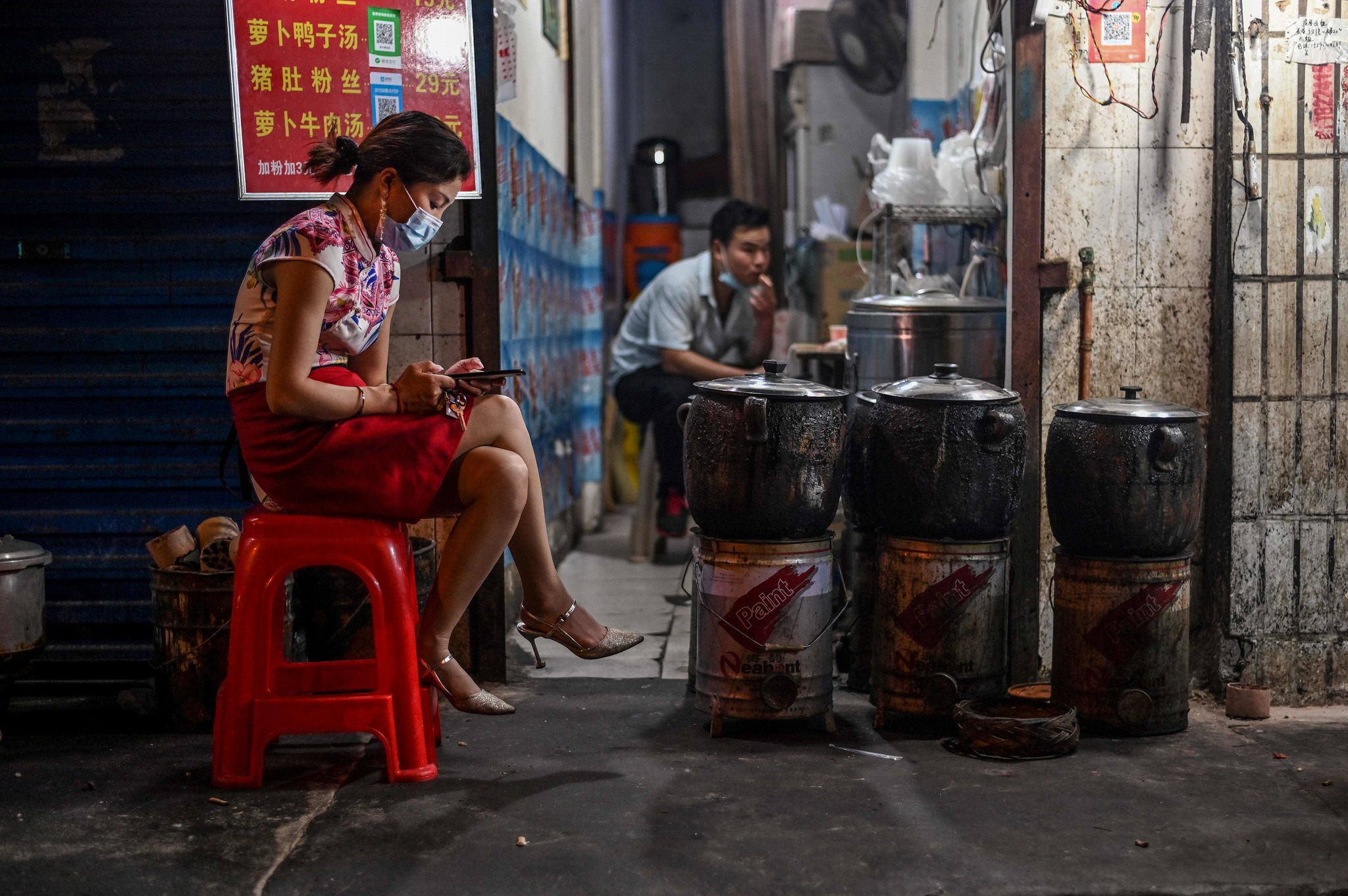- Pandemic: Shenzhen, the first Chinese city that prohibits the consumption of dog and cat meat
Authorities in Wuhan, the origin of the coronavirus pandemic, have officially banned the consumption of all wild animals.
The local administration of the Chinese city has assured this Wednesday that, together with the consumption ban, Wuhan would become a "wildlife sanctuary" where hunting of wild animals is practically prohibited, with the exception of measures for "scientific research , population regulation, monitoring of epidemics, diseases and other special circumstances. "
As part of the ban, the city has introduced strict controls on the breeding of all wild animals, as reported by the CBS network. Additionally, Wuhan will be part of a broader plan across the country that will buy the animals from ranchers who raise wild species.
The first cases of Covid-19 were reported in Wuhan, a city of 11 million people in China's Hubei province, late last year. Although the origins of the pandemic are still being investigated, one of the suspect spots is the Huanan Wholesale Seafood Market in the city, which included a live animal section that allegedly sold more than 30 species of animals, including live wolf cubs. , golden cicadas, scorpions and civets. China closed the market in January.
In general, the researchers agree that the most plausible explanation is that the virus made the jump from an animal to a human in a case of "zoonotic overflow." Previously, China had come under pressure from the international community to curb its illegal wildlife trade after it was linked to the emergence of zoonotic diseases.
The global number of deaths from coronavirus in the world is 318,789 people, according to data from the World Health Organization. Furthermore, more than 4.7 million people have been infected worldwide.
Last week, two central provinces of China announced plans for the government to buy the specimens from ranchers who raise wild animals. Additionally, a plan has been announced to help these breeders transform their way of earning a living.
Thus, the plans would give wildlife breeders in Hunan and Jiangxi provinces, two neighboring regions, the option of being compensated for exchanging animal husbandry for growing fruits, vegetables, tea plants or herbs for medicine. traditional chinese. There is also an option to raise other animals like pigs and chickens.
Hunan farmers are offered compensation of 630 yuan (81 euros) per porcupine; 600 yuan (77 euros) per civet; 75 yuan (10 euros) for each kilo of bamboo rat and 120 yuan (about 15 euros) per kg of cobra. In addition, each wild goose will be worth 2,457 yuan (315 euros) each.
Last February, China issued an unprecedented nationwide temporary order banning all trade and consumption of wild land animals , including exotic farm-raised species.
The initial purchase covers 14 wild species and only for farms that were legally operating with breeding permits prior to the February ban can benefit from the program.
Currently, the Wuhan ban lasts for five years. Similar measures exist in the cities of Beijing, Shenzhen and Zhuhai, but they have already been made permanent.
In accordance with the criteria of The Trust Project
Know more- Wuhan
- China
- science
- Coronavirus
ChinaWuhan: test for 11 million people after the new coronavirus outbreak
Coronavirus: Roaches found in one of the boxes with material from China
PandemicSARS versus Covid-19: the different path of the two viruses that left China

